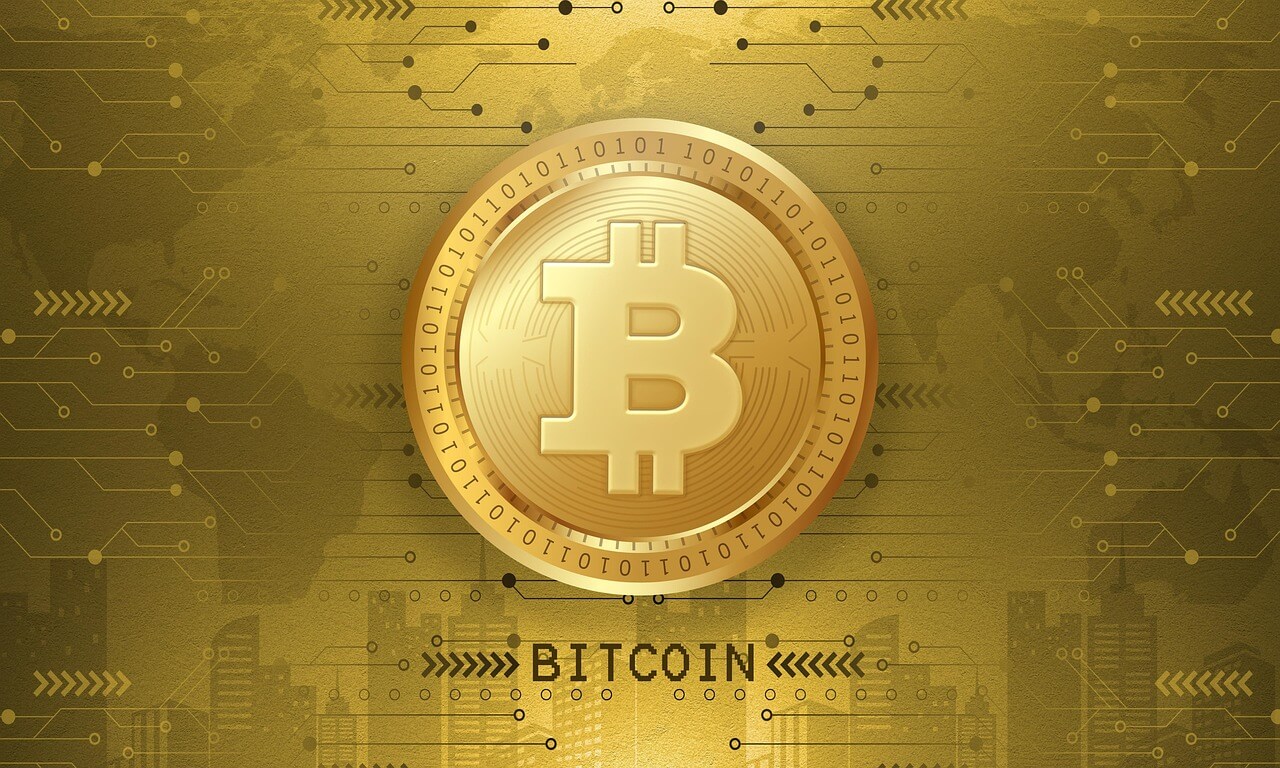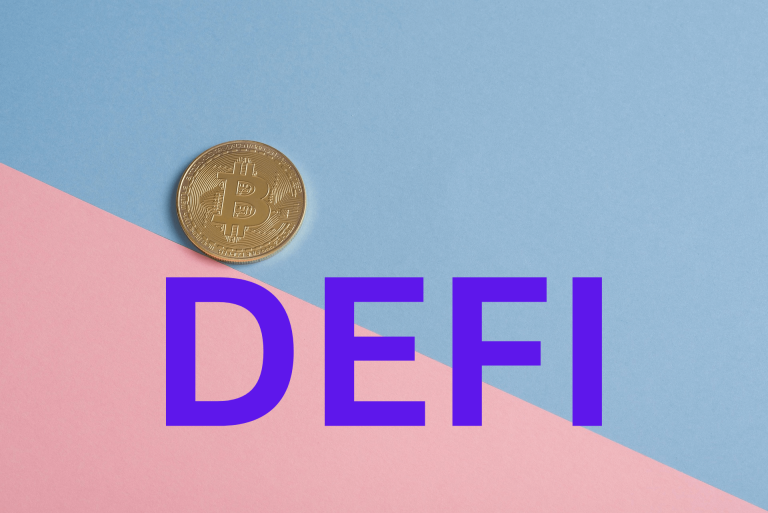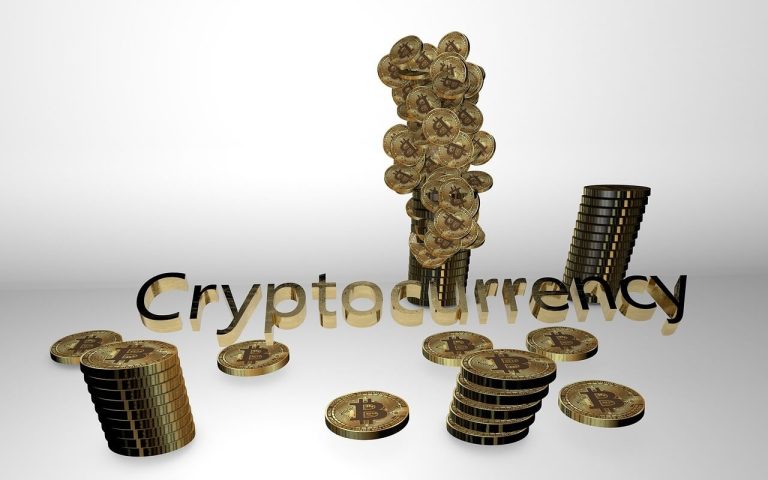Best Non-Custodial Crypto Wallets of 2025: Secure Your Digital Assets
Explore the top non-custodial crypto wallets of 2025. This comprehensive guide covers secure, user-friendly options for managing your digital assets, ensuring full control over your private keys.
In the evolving landscape of cryptocurrency, securing your digital assets is paramount. Non-custodial wallets empower users with full control over their private keys, eliminating reliance on third parties. This guide delves into the best non-custodial crypto wallets of 2025, highlighting their features, security measures, and suitability for various user needs.
Understanding Non-Custodial Wallets
Non-custodial crypto wallets are digital tools that allow users to store and manage their cryptocurrencies without entrusting private keys to a third party. This self-custody approach enhances security and autonomy but also places the responsibility of safeguarding keys solely on the user.
READ ALSO: How to Set Up a Cryptocurrency Wallet: Step-by-Step Guide for Beginners
READ ALSO: How to Buy Altcoins and Also Sell [Step By Step Guide]
READ ALSO: Top 13 Defi Lending Platforms And How to Use
Top Non-Custodial Crypto Wallets in 2025
1. MetaMask
- Overview: A widely-used browser extension and mobile app, MetaMask facilitates interaction with Ethereum-based decentralized applications (dApps).
- Features:
- Supports Ethereum and ERC-20 tokens.
- Integrated token swap functionality.
- User-friendly interface suitable for beginners.
- Supports Ethereum and ERC-20 tokens.
- Best For: Users engaging with Ethereum dApps and DeFi platforms.
2. Trust Wallet
- Overview: A mobile wallet supporting a wide range of cryptocurrencies and tokens, including NFTs.
- Features:
- Supports multiple blockchains (e.g., Binance Smart Chain, Ethereum).
- Built-in Web3 browser for dApp interaction.
- Staking capabilities for various assets.
- Supports multiple blockchains (e.g., Binance Smart Chain, Ethereum).
- Best For: Mobile users seeking a versatile wallet with broad asset support.
3. Exodus
- Overview: A desktop and mobile wallet known for its intuitive design and multi-asset support.
- Features:
- Supports over 100 cryptocurrencies.
- Integrated exchange for asset swapping.
- Portfolio tracking and real-time market data.
- Supports over 100 cryptocurrencies.
- Best For: Users desiring a visually appealing interface with comprehensive asset management tools.
4. Electrum
- Overview: A lightweight Bitcoin wallet renowned for its speed and security features.
- Features:
- Supports multi-signature transactions.
- Integration with hardware wallets.
- Customizable transaction fees.
- Supports multi-signature transactions.
- Best For: Advanced users focusing solely on Bitcoin transactions.
5. Ledger Nano X
- Overview: A hardware wallet offering offline storage for a wide array of cryptocurrencies.
- Features:
- Bluetooth connectivity for mobile use.
- Supports over 1,800 tokens.
- Robust security with secure element chip.
- Bluetooth connectivity for mobile use.
- Best For: Users prioritizing maximum security for long-term asset storage.
6. Trezor Model T
- Overview: A hardware wallet with a touchscreen interface, supporting numerous cryptocurrencies.
- Features:
- Open-source firmware.
- Supports over 1,600 coins and tokens.
- Passphrase protection for enhanced security.
- Open-source firmware.
- Best For: Security-conscious users seeking an open-source hardware solution.
7. Zengo
- Overview: A mobile wallet utilizing multi-party computation (MPC) to eliminate the need for private key storage.
- Features:
- Biometric authentication.
- Supports various cryptocurrencies.
- Built-in purchasing and trading options.
- Biometric authentication.
- Best For: Users seeking a secure wallet without the complexity of managing private keys.
8. Phantom Wallet
- Overview: A user-friendly wallet tailored for the Solana blockchain ecosystem.
- Features:
- Supports SOL and SPL tokens.
- Integrated NFT support.
- In-app token swapping.
- Supports SOL and SPL tokens.
- Best For: Users actively participating in the Solana network and its dApps.
9. Coinbase Wallet
- Overview: A standalone wallet from Coinbase, offering self-custody and broad asset support.
- Features:
- Supports Ethereum and ERC-20 tokens.
- Access to decentralized exchanges and dApps.
- Secure enclave technology for key storage.
- Supports Ethereum and ERC-20 tokens.
- Best For: Users familiar with Coinbase seeking a non-custodial option.
10. Atomic Wallet
- Overview: A desktop and mobile wallet supporting a vast range of cryptocurrencies.
- Features:
- Atomic swaps for certain pairs.
- Built-in exchange and staking options.
- Supports over 500 coins and tokens.
- Atomic swaps for certain pairs.
- Best For: Users desiring a comprehensive wallet with extensive asset support.
Key Considerations When Choosing a Non-Custodial Wallet
- Security Features: Look for wallets offering two-factor authentication, biometric access, and hardware integration.
- User Experience: A clean, intuitive interface can enhance usability, especially for beginners.
- Asset Support: Ensure the wallet supports the specific cryptocurrencies you intend to store.
- Community and Support: Active development and responsive customer support can be crucial for troubleshooting and updates.
Conclusion
Selecting the right non-custodial wallet is a critical step in managing and securing your cryptocurrency holdings. By understanding the features and strengths of each wallet, you can choose one that aligns with your specific needs and preferences. Remember, with greater control comes greater responsibility; always follow best practices to safeguard your assets.







